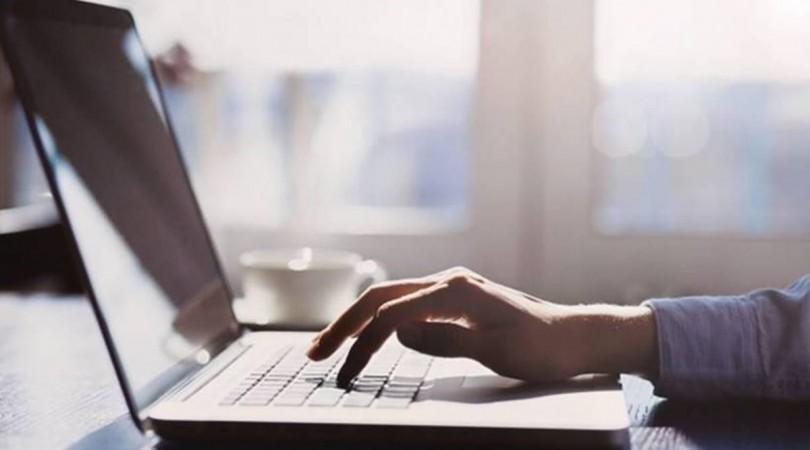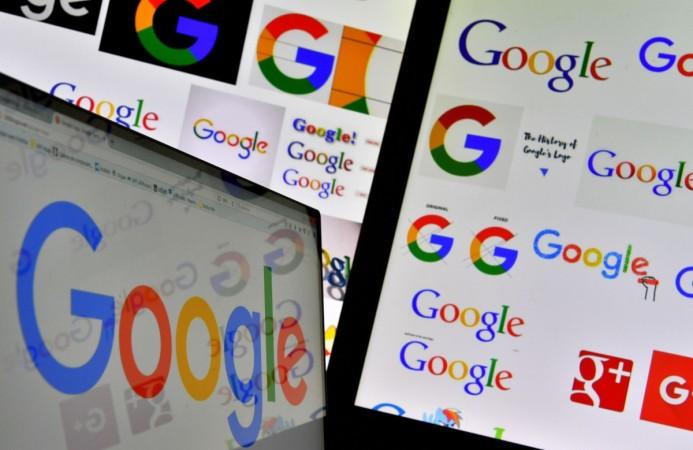The coronavirus pandemic has cornered the world into unknown territory and no country is spared from its wrath. Even as the world is grasping to overcome what is proving to be one of the biggest health crisis in the history, after claiming more than 1.65 million lives and infecting many more, this pandemic has challenged the way of life. The world as we know it went completely digital, but to what extent?
India takes pride in its digitization efforts in recent years, but the COVID-19 pandemic only widened the digital divide. Despite being the world's second-largest country in terms of internet users, half of the nation's population lacks internet access. As for those who can access the internet, only 20 percent of Indians know how to use digital services, government data has shown.

Bloomberg reported an incident of a class 10 student who hasn't attended a single class since the academic year began in April. While schools have gone digital, some even opened offline classes, the challenge presented to Dhiru, whose mother Rekha Devi is a domestic help is the lack of smartphone or computer to attend online classes. As for attending classrooms, the risk is high during the pandemic, his mother fears.
Digitization – not for all
"The school is now saying, 'Come and attend class,' but we don't want to take the risk. Unlike rich people, we don't have the option of online classes. So we've started private tuition for him, but I'm not sure he'll be able to pass the exams without any schooling this year," Rekha Devi, a domestic helper near New Delhi, told Bloomberg.

Dhiru is alone. Bloomberg reported that the COVID-19 pandemic has only widened the digital divide. Only those with the means and knowledge to use the internet are benefitting, and the rest of the population suffers in silence.
"The digital divide in India is an ongoing problem and the pandemic has definitely made it worse. The government needs to ensure that all Indians are in position to benefit from digitization, otherwise we're at risk of creating a new class of digitally poor citizens," said Sumeysh Srivastava, a New Delhi-based internet-access researcher at Nyaaya, an open-access platform that provides simple and actionable legal information, told Bloomberg.
From banking to schooling and medical consultations to job hunting shifted online, the ones without access to the internet are missing out on a crucial development.

















